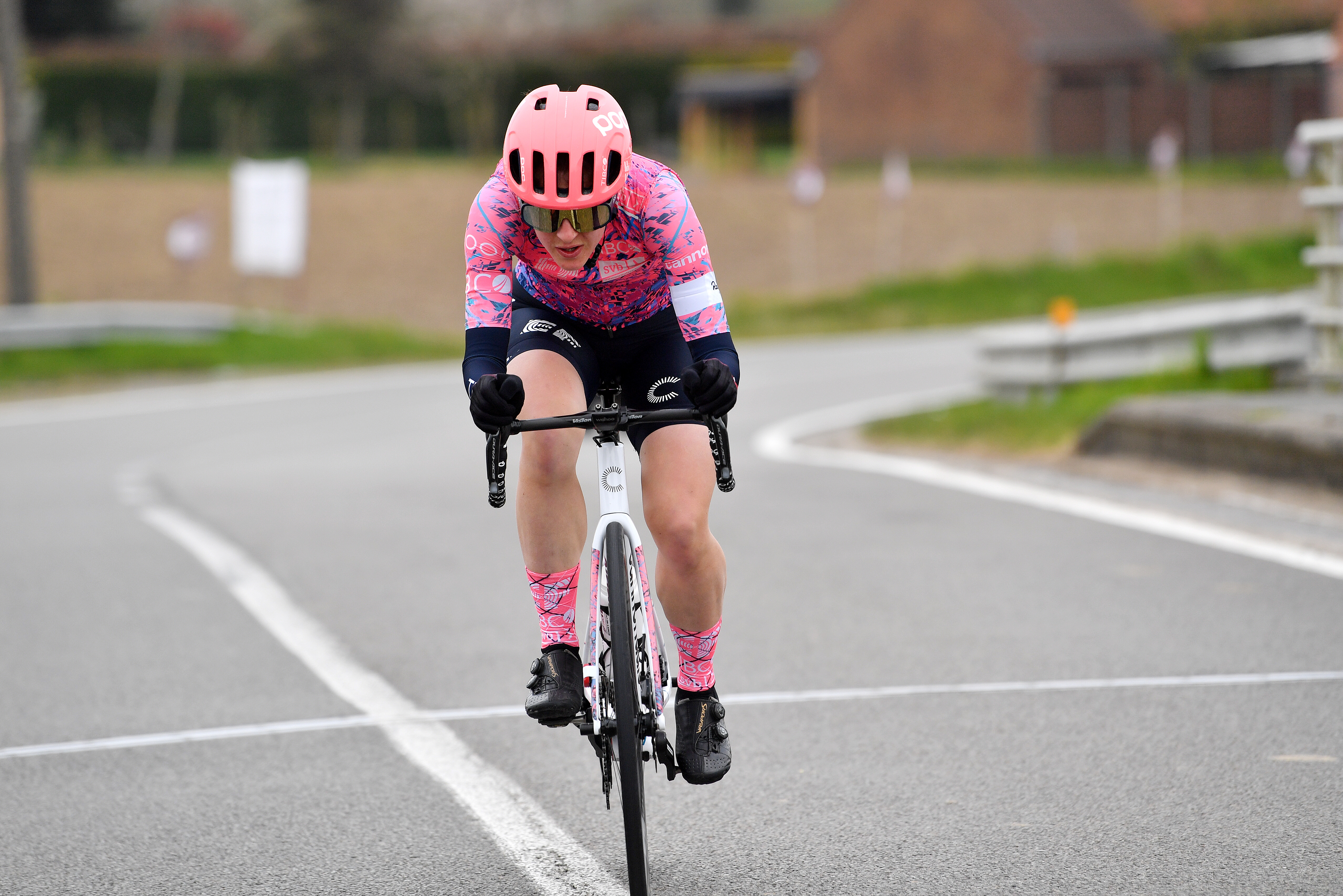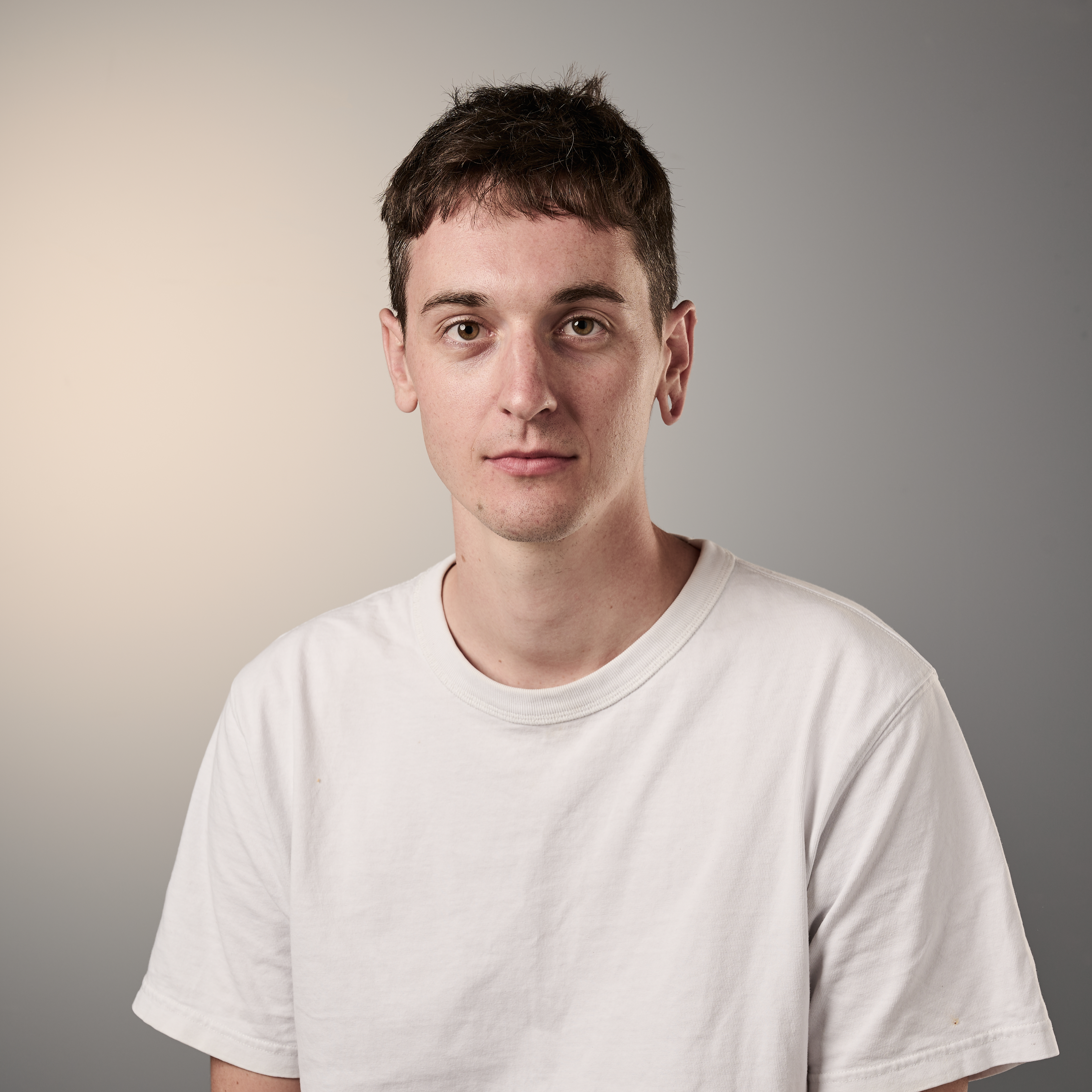'I felt that my life was over' - Lizzy Banks reveals nine-month anti-doping nightmare
British rider received a 'No Fault or Negligence' ruling after returning a positive anti-doping sample last year


Former British pro Lizzy Banks has revealed details of a nine-month battle with anti-doping authorities that ended in her name being cleared.
The 33-year-old was informed in July 2023 by the UK Anti-Doping Agency (UKAD) that she had returned two adverse analytical findings (AAFs); one for formoterol, an asthma medication she had been taking, and one for chlortalidone, a diuretic she had never heard of, present only as a small trace.
Initially, Banks faced a two-year ban, but after providing an abundance of her own medical research, UKAD made a momentous U-turn. The organisation issued a landmark first 'No Fault of Negligence' finding, meaning Banks received no sanction.
On Tuesday morning, the Brit shared a 16,000-word blog post detailing her nine-month ordeal.
She explained that she had instructed lawyers and carried out rigorous medical research, leaning on her previous training as a doctor. The process, she said, cost her "well over €40,000", and left her with suicidal thoughts.
"My husband and I spent every penny of our savings and the huge mental toll has left deep scars," Banks wrote. "My mental health was shattered. I was a complete wreck."
Banks' use of formoterol as an asthma medication was previously known to the anti-doping authorities, and was only flagged in conjunction with chlortalidone. She pinpointed the presence of the diuretic as being a contaminant, and spent thousands of pounds carrying out independent tests for it. "Just testing paracetamol cost €1,800," she wrote. "They were all negative."
The latest race content, interviews, features, reviews and expert buying guides, direct to your inbox!
"I was completely paralysed by fear. I had absolutely no idea where the chlortalidone had come from. I stopped taking my medications. I was afraid to eat just about anything; meat, milk, anything that had been through any kind of process, even drinking water concerned me. The extreme stress of this horrifying situation set in and my physical health started to deteriorate," Banks said.
"So many times I broke down in tears and panic just because I had to use my inhalers and take my tablets. It was inhumane. No athlete should live in fear like I was. Health is a human right and choosing to work as an athlete is not a reason that such a fundamental right should be stripped from you.
"I felt that my life was over, that I had nothing left."

Banks rode for EF-Education-TIBCO-SVB last season, and says she lost her salary while she was provisionally suspended.
Despite the psychological stress, Banks continued her medical research. She evaluated 15 years' worth of AAFs for diuretic substances, and returned her findings to the World Anti-Doping Agency (WADA).
"You are guilty until proven innocent," she said, "and you have to pay every penny of the investigation yourself with no help from the police."
Under the weight of her evidence, as well a hair test that showed no trace of chlortalidone in the wider period before and after her positive sample, UKAD dropped the case, issuing a 'No Fault or Negligence' finding. Banks does, however, still have Anti-Doping Rule Violations (ADRVs) in her name.
The process, she explained, has left her with little faith in the anti-doping system. She believes UKAD is "not fit for purpose".
"If UKAD cannot understand basic scientific concepts, it is simply not possible that UKAD should hold such a position of power over athletes' futures in anti-doping proceedings," she wrote.
Banks was cleared to return to cycling, but decided not to, citing "how damaging" her experience had been. As of today, she is officially retired, calling time on a six-year professional career, most recently riding for WorldTour team EF-Education-TIBCO-SVB last season.
"To be clear, I have absolutely no intention to try to 'bring down' WADA or any of the national anti-doping organisations, I am just desperate for them to wake up to the issues that are smashing athletes in the face left, right and centre," she concluded.
Banks' blog post can be read in its entirety on her website.
A statement from UKAD, shared with Cycling Weekly, said: "Following concerning reports in the media and comments made by professional cyclist Ms Elizabeth Banks on Tuesday 21 May 2024, UK Anti-Doping (UKAD) confirms that Ms Banks has committed Anti-Doping Rule Violations (ADRVs) and that the applicable period of Ineligibility has been eliminated on the basis that Ms Banks bore No Fault or Negligence for those ADRVs.
"UKAD also notes Ms Banks’ comments with concern and will be looking into what it can do to better support Athletes going through Anti-Doping Rule Violation proceedings."
Donations can be made to support Banks through her Ko-fi page.

Tom joined Cycling Weekly as a news and features writer in the summer of 2022, having previously contributed as a freelancer. He is fluent in French and Spanish, and holds a master's degree in International Journalism. Since 2020, he has been the host of The TT Podcast, offering race analysis and rider interviews.
An enthusiastic cyclist himself, Tom likes it most when the road goes uphill, and actively seeks out double-figure gradients on his rides. His best result is 28th in a hill-climb competition, albeit out of 40 entrants.